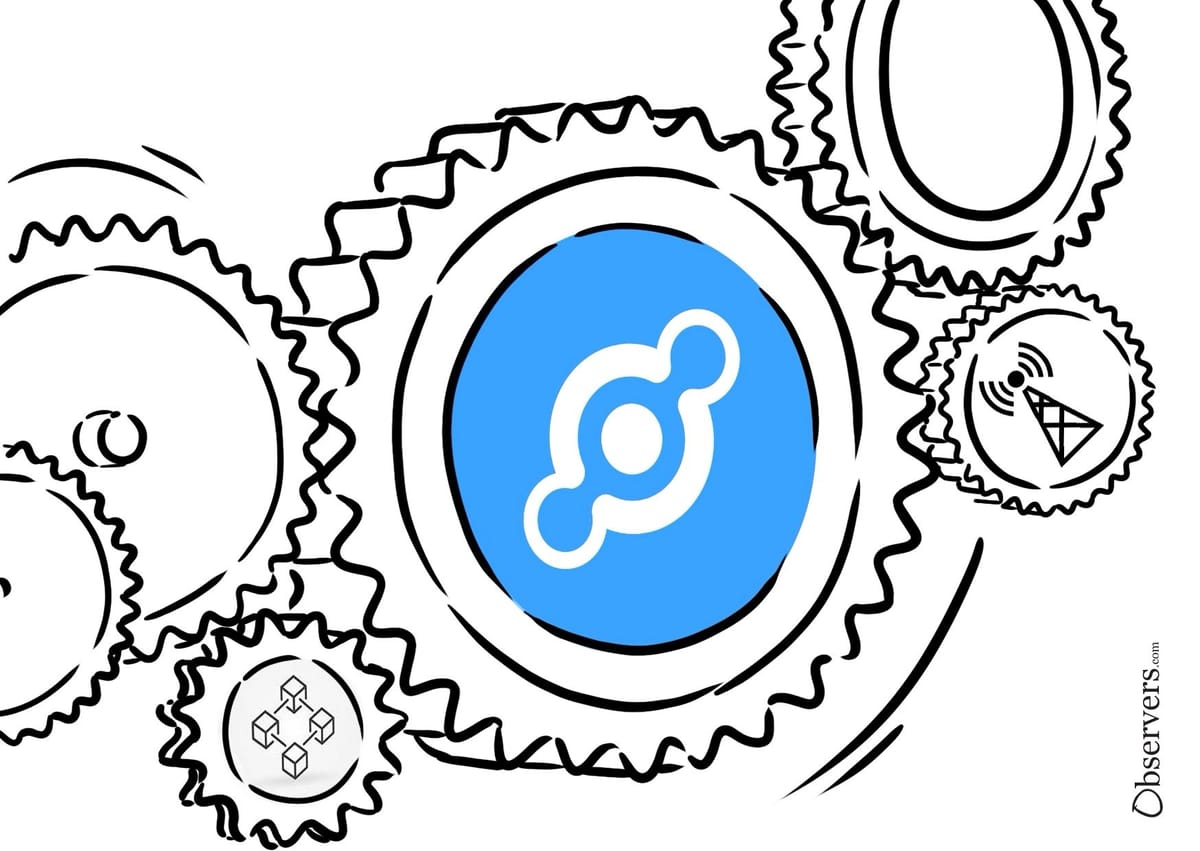
The decentralized physical infrastructure network (DePIN) sector is rapidly advancing, with the Helium Network at the forefront. Leveraging blockchain and community-driven networks, Helium is building an efficient and accessible wireless infrastructure.
The Helium Network experienced unprecedented growth in the first quarter of 2024, primarily driven by the surging popularity of its mobile offerings. The Helium Foundation's recent Q1 2024 Protocol Report revealed a significant increase in network activity, with nearly 160,000 HNT tokens (equivalent to over $1.47 million) burned for Data Credits since the beginning of the year.
This surge in demand is largely due to the rapid adoption of Helium Mobile, a new phone plan boasting nearly 100,000 subscribers. The listing of the MOBILE token on Coinbase in early February further boosted the service's accessibility and appeal, driving adoption and network usage. Helium's launch of enhanced reward mechanisms, particularly Discovery Mapping, has also directly fueled the growth of Mobile Discovery Rewards by incentivizing users to share location data and expand network coverage.
While the Mobile network has taken the lead in driving recent growth for the ecosystem, Helium's IoT network remains the largest public LoRaWAN network with numerous real-world applications. With 15 new Organizationally Unique Identifiers (OUIs) issued in Q1 2024, over 100 organizations are now building on Helium's IOT network.
Helium has established new IoT partnerships with both cities and organizations, leveraging its extensive coverage for innovative solutions. In the city of Porto, Greenmetrics.ai has deployed flood resilience systems using Helium, while EU-based Heliotics uses it to monitor environmental conditions in museums and libraries. Skynet IoT has integrated Helium for maritime connectivity, enhancing operations along the North Sea and Florida coast.
Recent Helium Improvement Proposals (HIPs) have introduced mechanisms for targeted growth, such as HIP 84, which allows service providers to boost coverage in high-demand areas by burning MOBILE tokens. Governance updates include the transition to Modular Governance, facilitating more flexible and improved user experiences.
The Helium Foundation said it remains committed to fostering collaboration and scaling its advocacy and educational efforts by focusing on increasing public awareness, onboarding more users, and demonstrating the network's utility "through real-world use cases." The Foundation introduced its membership program in March and said it would soon allow individual contributors, especially Hotspot hosts, to join and expand the network's reach.
In parallel, a recent report by Flipside identified Helium as a leader of Solana's DePIN sector, alongside Render Network, Hivemapper, and ShdwDrive. DePIN leverages decentralized, community-powered networks to enhance infrastructural efficiency, particularly in AI and data storage. Solana has emerged as a prime platform for these projects due to its high-speed transactions, low costs, and robust infrastructure. According to Garrison Yang, Chief Strategy & Marketing Officer at io.net, the success of DePINs hinges on community participation, making Solana a preferred choice.
"DePINs rely heavily on community participation since they are decentralized hardware networks, and it's no surprise that many of these projects, including io.net, are choosing the fastest growing ecosystem in crypto - Solana. With advantages in retail liquidity, speed, scalability, cost, and mindshare, Solana has become a natural choice for many web3 projects, including the DePIN category."
While Helium dominates the decentralized connectivity space, projects like WiFi Dabba, Pollen Mobile, and Uprock are gaining traction: In India, Dabba targets affordable, high-speed Internet using micro-ISPs and blockchain-based payments, while Pollen Mobile allows individuals to set up private cell networks, offering a decentralized and private alternative to traditional mobile networks. Uprock introduces a gamified peer-to-peer network where users can store, access, and share data while earning rewards. All of these projects offer rewards in exchange for using their services.

